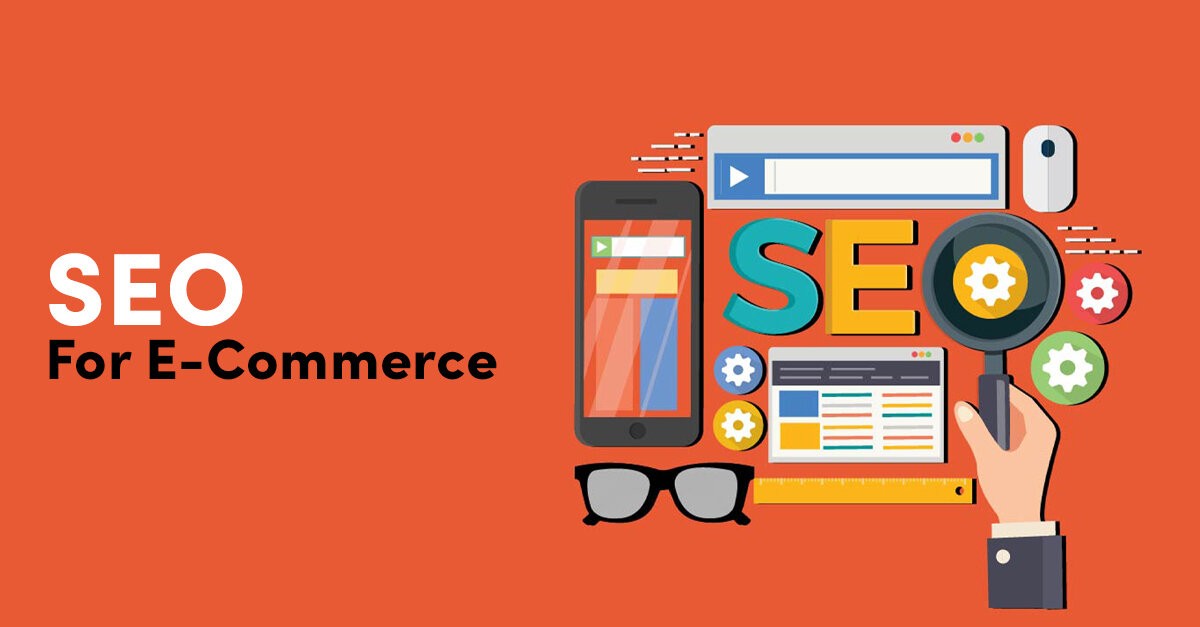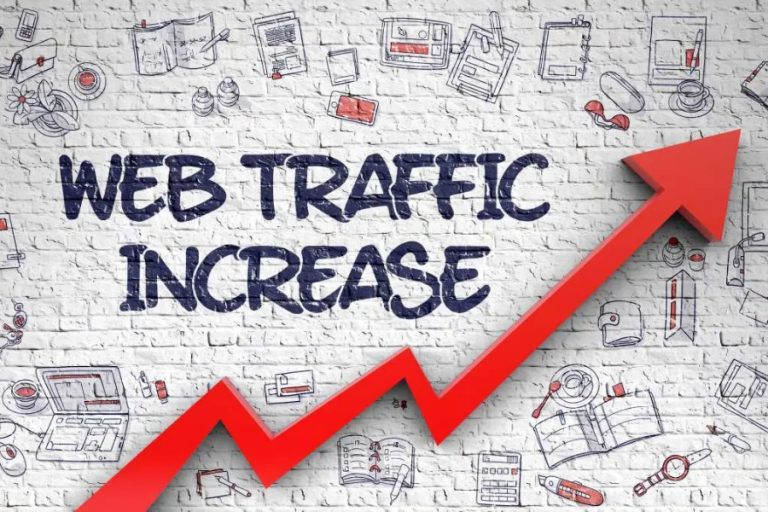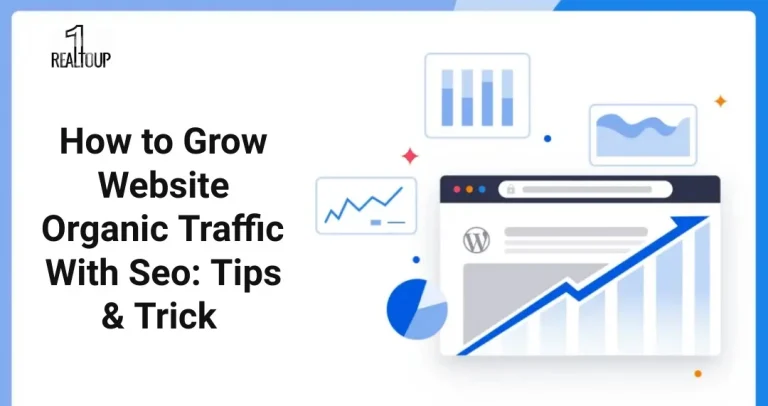What Is Ecommerce SEO? A Simple Guide
In today’s digital age, where online shopping has become increasingly prevalent, mastering the art of Ecommerce SEO is essential for any business looking to succeed in the competitive online marketplace. Ecommerce SEO, or Search Engine Optimization, refers to the process of optimizing an online store’s website and content to improve its visibility and ranking in search engine results. This simple guide aims to demystify Ecommerce SEO, providing businesses with practical insights and strategies to enhance their online presence, attract more organic traffic, and ultimately drive sales and revenue. Whether you’re a seasoned Ecommerce retailer or just starting out, understanding Ecommerce SEO is crucial for achieving long-term success in the digital realm.
Table of Contents
What Is Ecommerce SEO
Ecommerce SEO, or Search Engine Optimization, is the practice of optimizing online stores’ websites and content to improve visibility and rankings in search engine results. It involves implementing strategies such as keyword research, on-page optimization, link building, and technical optimization to attract more organic traffic and enhance online presence. Ecommerce SEO aims to drive qualified traffic to ecommerce websites, increase conversions, and ultimately boost sales and revenue. By optimizing product pages, category pages, and other site elements, Ecommerce SEO helps online retailers stand out in the competitive digital landscape and achieve sustainable growth.
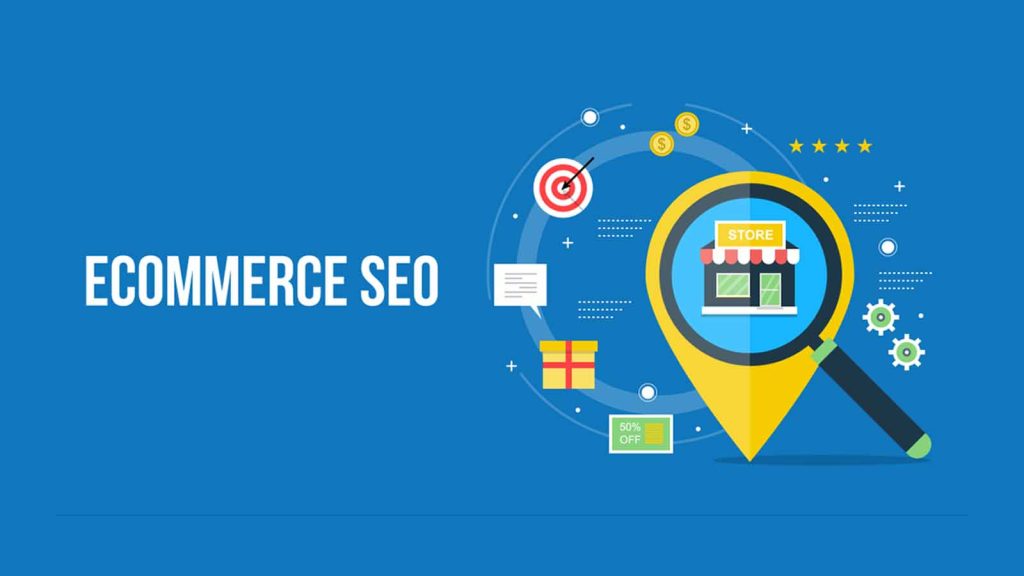
Why Is SEO Important for Ecommerce Websites?
SEO is crucial for ecommerce websites as it directly impacts their visibility and success in the highly competitive online marketplace. By optimizing their websites for search engines, ecommerce businesses can improve their rankings in search results, attract more organic traffic, and increase their chances of being discovered by potential customers. Effective SEO strategies such as keyword optimization, content creation, and link building can help ecommerce websites stand out from the competition, drive targeted traffic to their site, and ultimately increase sales and revenue. In today’s digital age, prioritizing SEO is essential for ecommerce businesses to thrive and grow online.
7 Tips for Successful Ecommerce SEO
Perform Keyword Research
Keyword research is the foundation of successful Ecommerce SEO. By identifying relevant keywords and phrases that potential customers use when searching for products online, you can optimize your product pages and content to match their search intent. Use keyword research tools like Google Keyword Planner, SEMrush, or Ahrefs to discover high-volume and low-competition keywords relevant to your products. Focus on long-tail keywords that are specific to your niche and have high commercial intent. Incorporate these keywords naturally into your product titles, descriptions, headings, and meta tags to improve your website’s visibility and attract targeted traffic. Regularly review and update your keyword strategy to stay ahead of the competition and adapt to changes in search trends.
Improve Your Site’s Architecture
Optimizing your site’s architecture is essential for Ecommerce SEO success. A well-organized and user-friendly website structure not only enhances the user experience but also makes it easier for search engines to crawl and index your pages. Start by organizing your products into logical categories and subcategories, making it easy for visitors to navigate and find what they’re looking for. Use descriptive and keyword-rich URLs, optimize internal linking, and ensure that your site’s navigation is clear and intuitive. Implement breadcrumbs to help users and search engines understand the hierarchy of your site. By improving your site’s architecture, you can enhance usability, increase engagement, and improve search engine rankings for your Ecommerce store.
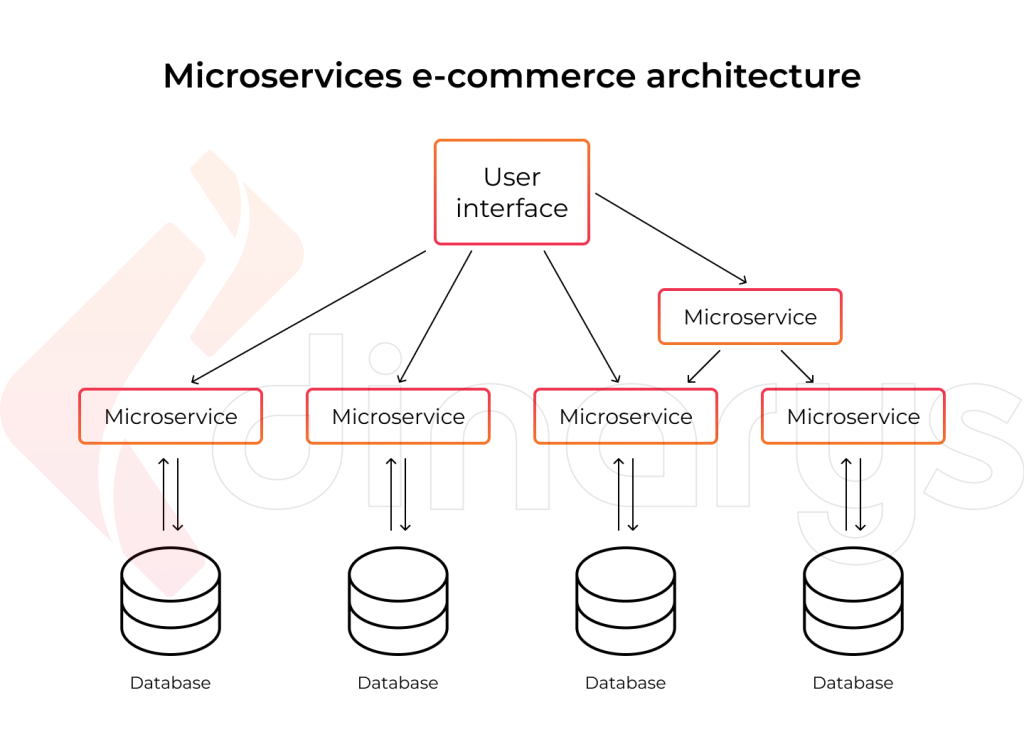
Manage Other Technical SEO Tasks
Apart from optimizing site architecture, several technical SEO tasks are vital for Ecommerce websites. These include site speed optimization, ensuring mobile-friendliness, implementing schema markup, obtaining an SSL certificate for security, and fixing technical issues like broken links. Improving site speed involves image optimization, CSS and JavaScript minimization, browser caching, and using a content delivery network (CDN). Mobile-friendliness ensures compatibility across various devices. Schema markup provides search engines with product information. SSL certificates encrypt data transmission. Regularly addressing technical issues like broken links and duplicate content maintains site health, enhancing user experience and search engine rankings for Ecommerce platforms.
Optimize for On-Page SEO
On-page SEO plays a crucial role in Ecommerce websites’ visibility and rankings. Start by optimizing product pages with relevant keywords in titles, headings, and descriptions. Ensure that meta tags, including title tags and meta descriptions, are unique and descriptive for each page. Optimize product images with descriptive filenames and alt text. Create high-quality, engaging content that provides value to users and incorporates targeted keywords naturally. Use internal linking to connect related product pages and improve navigation. Regularly update and optimize content to reflect changes in search trends and user behavior. By optimizing for on-page SEO, you can improve your Ecommerce website’s visibility and attract more organic traffic.
Leverage Content Marketing
Content marketing is a powerful strategy for Ecommerce SEO, allowing you to attract and engage your target audience while boosting your site’s visibility in search results. Create high-quality, relevant content such as blog posts, how-to guides, and product reviews that address the needs and interests of your audience. Incorporate targeted keywords naturally throughout your content to improve its search engine visibility. Share your content across various channels, including social media, email newsletters, and industry forums, to reach a wider audience. By leveraging content marketing effectively, you can enhance brand awareness, drive organic traffic to your site, and ultimately increase sales and conversions.
Build Backlinks
Backlinks are crucial for Ecommerce SEO, as they signal to search engines that your website is authoritative and trustworthy. Focus on acquiring high-quality backlinks from relevant and reputable websites within your industry. Reach out to influencers, bloggers, and industry publications to request backlinks or guest post opportunities. Create valuable and shareable content that naturally attracts backlinks from other websites. Monitor your backlink profile regularly and disavow any low-quality or spammy backlinks that could harm your site’s reputation. By building a diverse and authoritative backlink profile, you can improve your Ecommerce website’s credibility, visibility, and search engine rankings.

Measure SEO Performance
Tracking and measuring SEO performance is essential for optimizing your Ecommerce website’s visibility and effectiveness. Utilize tools like Google Analytics and Google Search Console to monitor key metrics such as organic traffic, keyword rankings, click-through rates, and conversion rates. Set up goal tracking to measure the impact of SEO efforts on important actions such as purchases, sign-ups, and inquiries. Regularly review and analyze your website’s performance data to identify trends, areas for improvement, and opportunities for growth. Adjust your SEO strategy accordingly based on insights gleaned from performance metrics to maximize your Ecommerce website’s success in search engine results.
Conclusion
In conclusion, implementing these seven tips for successful Ecommerce SEO can significantly enhance your website’s visibility, attract more organic traffic, and ultimately drive sales and conversions. By performing keyword research, improving site architecture, managing technical SEO tasks, optimizing for on-page SEO, leveraging content marketing, building backlinks, and measuring SEO performance, you can establish a strong online presence and outshine your competitors in the competitive Ecommerce landscape. With careful planning, continuous optimization, and a focus on providing value to your audience, you can achieve long-term success and growth for your Ecommerce business.
Read More What Is Page Speed & How to Improve It
FAQ’S
Is it necessary to hire an SEO agency for Ecommerce SEO?
While hiring an SEO agency can provide expertise and resources, many Ecommerce businesses successfully manage SEO in-house with the right tools and knowledge.
How long does it take to see results from Ecommerce SEO efforts?
The timeline for seeing results from Ecommerce SEO can vary, but significant improvements typically occur within 3 to 6 months of consistent optimization.
Can Ecommerce SEO strategies be applied to all types of online stores?
Yes, Ecommerce SEO strategies are adaptable and can be tailored to suit the unique needs and goals of different online stores, regardless of size or industry.
